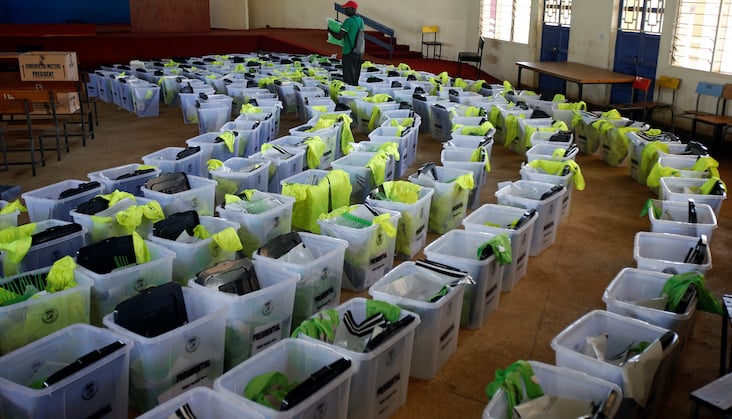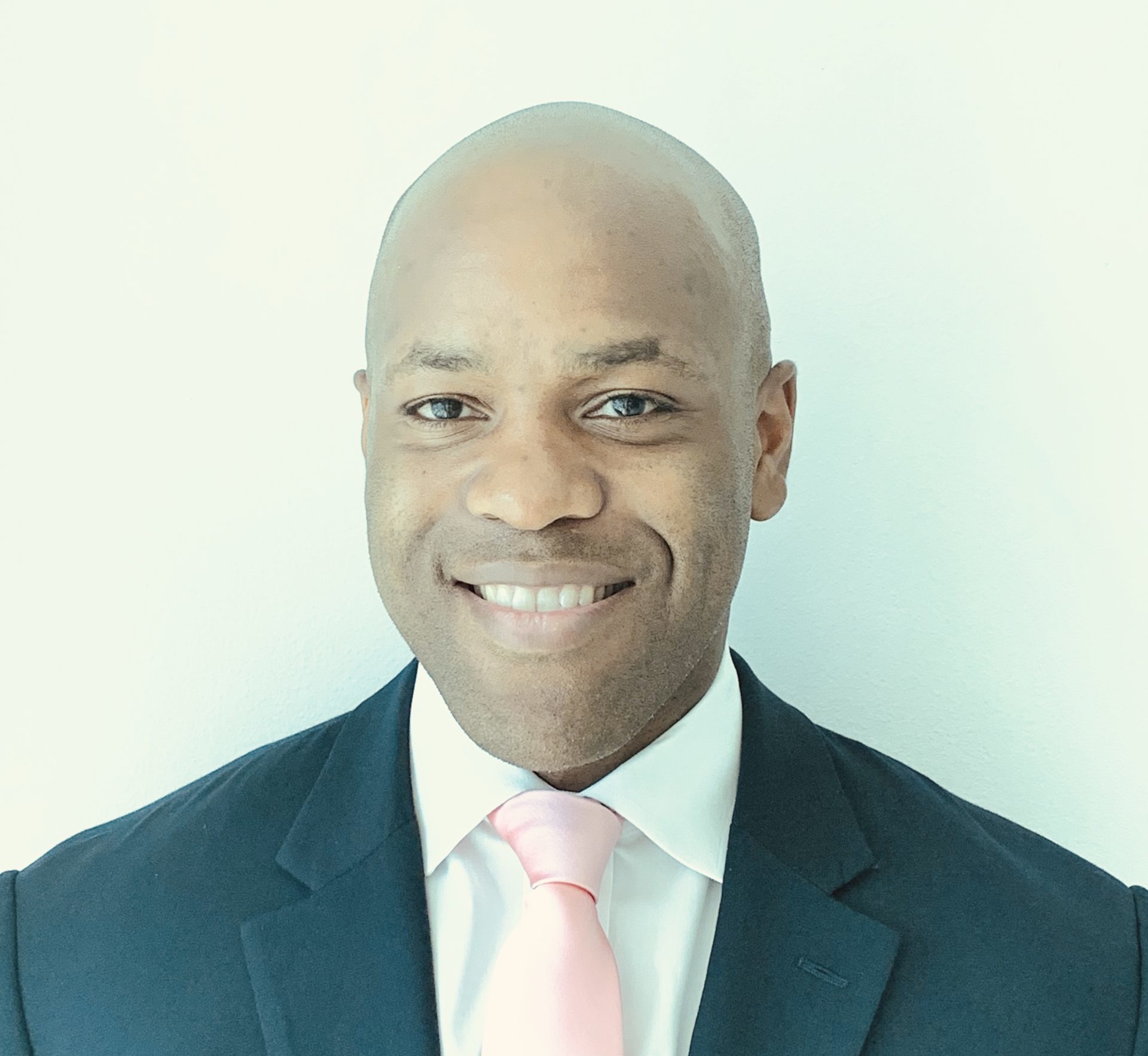
This originally appeared on TheAfricaReport.com
Let us state the obvious: Africa is a big continent with 54 countries (according to the United Nations). Thus it should come as no surprise that there are many elections to watch in 2023.
Secondly, the coups in Burkina Faso, Guinea, and Mali are very disturbing but not the norm.
According to The Economist, 42 new African leaders took office after an election from 2011 to 2022, with 25 coming from the opposition party with Kenya in 2022 and Zambia in 2021 as good examples.
In 2023, opposition parties may not win every election, but they will surely make them competitive with incumbents, such as George Weah in Liberia and Julius Maada Bio in Sierra Leone, already confronting protests at home and likely facing stiff competition in upcoming elections.
Political analysts continue to criticise the controlling party officials in DRC and Zimbabwe for election meddling but still the opposition will likely perform well.
In a few countries, the hope for an election in 2023 is low – Mali, Chad, and South Sudan are top of mind in that group as their elections continue to face delays.
Libya is another country in that group of uncertainty on whether an election will happen. Though it remains a top election, or at least a process to get to an election, to watch alongside Nigeria (which everyone will be watching) and the previously mentioned DRC.
Libya
Libya is the election that continues not to happen yet consumes our attention.
Having an election in 2023 would be ‘winning’ for the country as it could remove political uncertainty and establish an internationally agreed point person for engaging this large oil-exporting country.
However the current messaging coming from Libyan leaders and third-party observers suggests this election may fall into 2024 with the status quo of factional leadership and disagreement continuing until then.
If the election happens, the likely candidates remain unchanged from last year and the year before.
Khalifa Haftar will run as it is no coincidence he has refused to support any constitution that prevents military officials from running for president.
He will attempt to lean on his UAE and Saudi Arabia connections from the civil war.
Seif al-Islam Gaddafi, son of former Libyan dictator Muammar Gaddafi, will also attempt to reclaim the top spot and revive the Gaddafi name while Libyan Prime Minister Abdul Hamid Ddeibeh is already making the publicised state visits to countries like Tunisia where he will need some neighbourly alliance and hopefully goodwill in stabilising the country.
Who will win? Per the usual mantra: if the election happens, then Libyans will win. Either way, this election may be very close which means not one candidate will have a demonstrative mandate to govern…this could be an issue for an already-fractured country.
Democratic Republic of Congo (DRC)
The first peaceful transition of power in the country came when current President Félix Tshisekedi assumed office in January 2019.
Previous President Joseph Kabila constitutionally completed his second term in December 2016 but the election originally scheduled in November 2016 was ultimately delayed until December 2018.
Most signs point to an election happening in December 2023 with President Tshisekedi saying the appropriate things at the right time.
He will face some familiar faces with Martin Fayulu and Moïse Katumbi (if he runs).
Fayulu lost a close election in 2018 with almost 35% of the vote against Tshisekedi’s 39%.
Many election observers believed the former ExxonMobil executive Fayulu won the previous election until President Tshisekedi struck a power-sharing deal with Kabila and his party which held control in Parliament.
For Tshisekedi and Kabila, the crafty ‘midnight’ agreement, which many critics believe was struck before the election, was overshadowed by an ebola outbreak, reports of vote rigging and violence that marred the election.
Katumbi, the former governor of Katanga Province (2007-2015) and probably the most powerful person in the DRC after the current president (and maybe Kabila), was a popular pick in 2018 to win the DRC election until he backed Fayulu and drifted into the background.
If interested this time, Katumbi is likely facing an uphill battle as Tshisekedi may not be the perfect candidate but he is surely a formidable one, having pushed back against the ‘untouchable’ Kabila and ultimately loosened Kabila’s grip on power.
Former Prime Minister Augustin Matata Ponyo will also participate in this election.
His candidacy appears a long-shot unless he gets an unlikely backing from Kabila. Former Prime Minister Adolphe Muzito may join the fray but he too appears a long shot.
Who will win? This looks like Tshisekedi’s election to lose. That said, DRC politics are hard to predict with power players like Kabila and Katumbi around to back other potential players.
Nigeria
Africa’s most populous country must elect a new president as term limits prevent President Muhammadu Buhari of the All Progressives Congress (APC) party from seeking re-election.
This election comes at a time when Nigeria economic growth has slowed, inflation is hard on everyday Nigerians, and the Naira continues to fall against the dollar…the country is at a critical juncture especially for the future of its massively young population (more than half of the population is under the age of 19).
Yet the most noticeable thing about this election is that the candidates are all past 60.
The APC has nominated Bola Tinubu, the former governor of Lagos, as their candidate, with some cynics questioning if 70-year-old Tinubu has the energy to cross the finish line in February to replace 80-year-old Buhari.
The main opposition party, the People’s Democratic Party (PDP), has nominated former Vice President Atiku Abubakar, who lost to Buhari in the 2019 election. Fifteen other parties have nominated candidates for the election.
The Labour Party candidate, Peter Obi, 61, is among those ‘other’ candidates and the only one polling strongly against the two major party candidates. He is a businessman and former governor of the state of Anambra.
A few polls in September showed him leading among Nigerians who had already decided on their vote. He emphasises a track record in Anambra and speaks of leading with conviction and competence and avoiding corruption.
Today this sounds good in a country where citizens have a myriad of concerns from security and corruption to education and jobs.
Is Obi the man to defeat both the APC and PDP? The reality that there is a run-off if no candidate wins the majority suggests a potential pathway based on current polling.
Who will win? This looks like a potential Obi upset with the anti-establishment sentiment but, with a significant amount of undecided voters, that is a hard call today. The APC runs a strong turnout machine and the PDP took 41% in 2019.
This could be a run-off election, with three candidates polling very strongly today.
